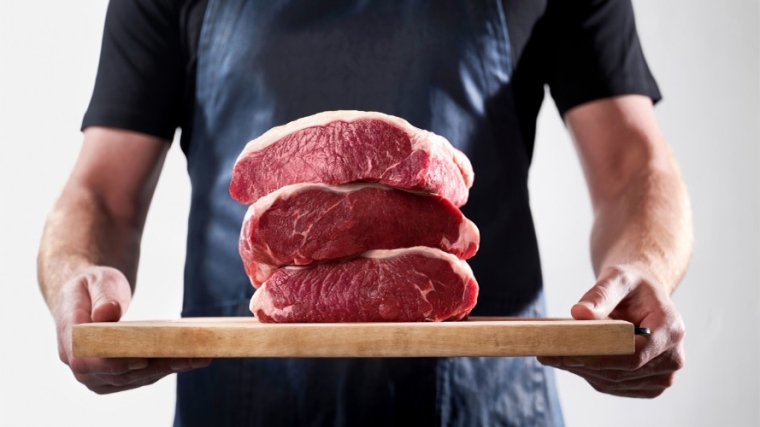
Meat industry leaders are warning of hidden trade barriers that are costing it $1.5 billion dollars a year.
They say requirements such as unnecessary or duplicated certification by exporters have a way of undermining the benefits of Free Trade Agreements (FTAs).
Completed or still-being-finalised FTAs cover three quarters of the New Zealand export trade, and the Meat Industry Association (MIA) and Beef and Lamb (B+L) welcome their help in developing exports worth $11.8 billion each year.
The three biggest markets are China ($4.5 b), USA ($2.3 b) and the EU ($1.4 billion). All up, the meat sector accounts for 92,000 jobs.
The MIA and B+L are grateful for the work done by trade negotiators in making this business possible.
“But as tariffs have dropped, Non-Tariff Measures (NTMs) have become one of the most significant challenges for the red meat sector,” the organisations write in the latest edition of their biennial publication, Barriers to International Trade.
The publication says some NTMs are positive, but many are not and get renamed Non-Tariff Barriers (NTBs).
These include things such as onerous audits of premises, complex and inconsistent halal requirements, unnecessary certification and a lack of transparency.
Other problems are prescriptive labelling requirements, inefficient import checks or the need to visit a country’s nearest consular office to get some paperwork done.
The authors say even sanitary inspections of meat products destined for importing countries can be problematic. In some cases, importing countries trust the integrity of inspections done here. But others insist in sending their own inspectors to New Zealand, which can be onerous on exporters here and can impose costs of up to $100,000 for a single audit.
In addition, these audits can be delayed when the inspection department from an importing country is short of staff.
In some cases, the visiting inspectors are defect-focused and have been known to delist a plant based on just one visit, sometimes with no explanation given and chance to take remedial action.
The authors of the report say the best solution to this problem is for inspectors from the importing country to audit the New Zealand system as a whole, and to approve it, or not, for all future export shipments.
They say this so-called “systems recognition” should be a target for the Government to pursue.
The report goes on to say further progress could be achieved by using new technologies, such as virtual audits.
Similar levels of uncertainty stem from inconsistency about the standards of halal slaughtering. So the report calls for New Zealand to undertake government-to-government engagement to achieve more uniformity.
Varying shelf-life restrictions for products in different countries constitute another problem, as do differing views of new technology.
A further issue problem is that some Middle Eastern countries require documents to be certified at that country’s nearest consular office, which can cost an exporter between $300 and more than $1,000.
The report authors says a lot of progress has been made to remove this requirement but more work is needed to make it universal.
Finally, there are varying individual standards imposed on imported products by private organisations such as retail chains. Compliance with these standards is not legally enforceable, but exporters who do not comply can find themselves excluded from markets or from global value chains.
The authors say these sorts of private sector restrictions are moving faster than those imposed by Governments, and they can be a serious obstacle to trade. And because the private entities that develop these standards are not subject to WTO disciplines, there is often little scope to challenge unjustified standards and to seek redress.
“One example is the use of carbon footprint labels as a tool to assist consumers to identify low emission food products,” the authors write.
“But many of these labelling requirements are based on inconsistent private standards. While the objective of enabling consumer choice is legitimate, the standards, metrics and methodologies underpinning these schemes often vary."
“This creates confusion, complexity and higher costs for business, which has the potential to cause significant challenges for producers worldwide.”
The Barriers to International Trade authors go on to describe New Zealand’s carbon footprint as low by international standards, and it urges the Government and others to get this message across to world markets.
1 Comments
It would be interesting to know what countries use audits and inspections to reduce or prevent meat exports from NZ. From media reporting over the last few years, I would expect China would be on that list with periods when NZ meat is being blocked corresponding to the state of NZ's foreign relations with China at any given time.
I wouldn't be surprised if Australia featured on that list as well.

We welcome your comments below. If you are not already registered, please register to comment
Remember we welcome robust, respectful and insightful debate. We don't welcome abusive or defamatory comments and will de-register those repeatedly making such comments. Our current comment policy is here.